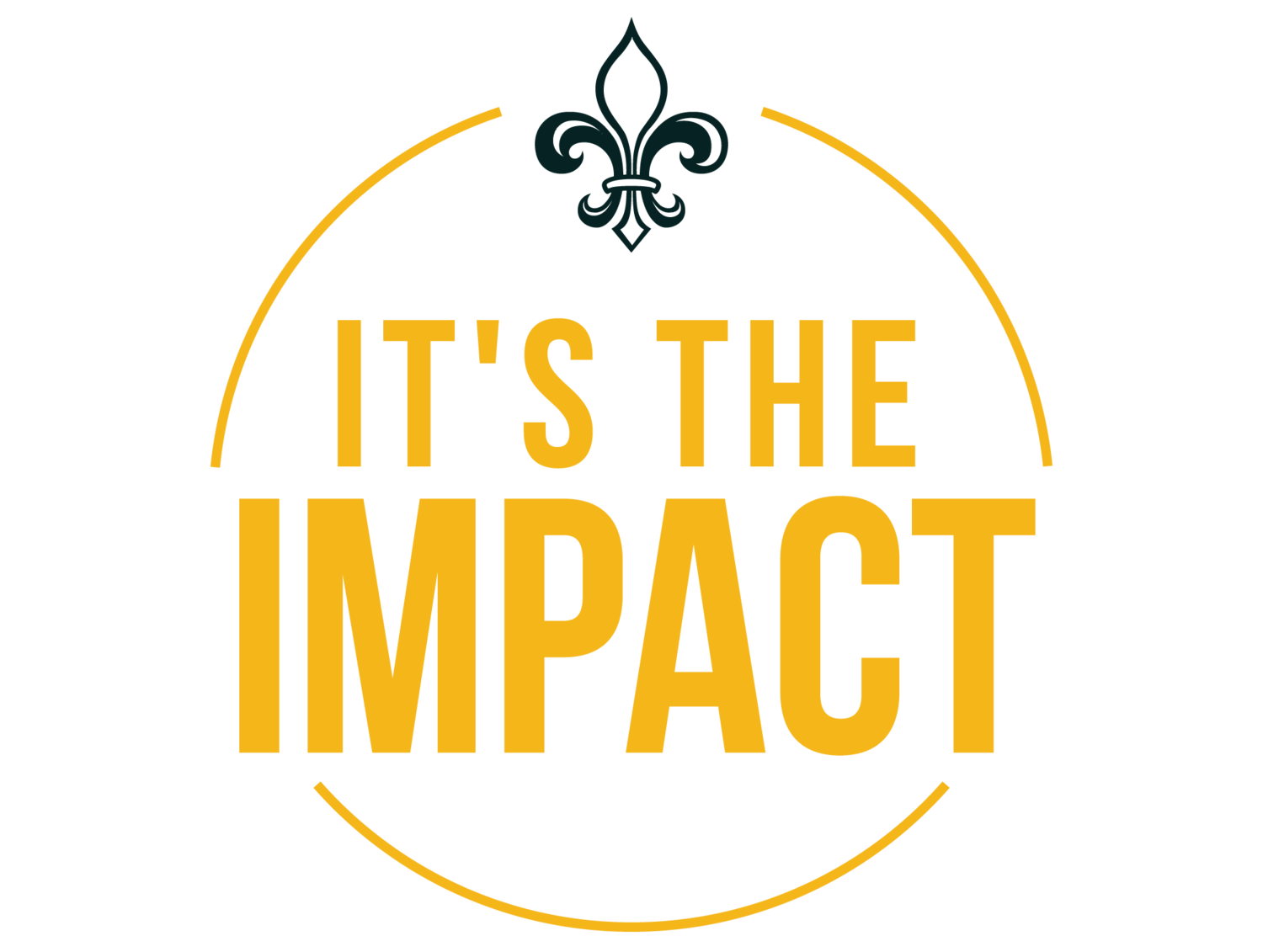The Disappearing Center: How to Lead In an All-Or-Nothing World
Everything feels extreme right now.
In public life, in schools and organizations, even in our own families, we’re surrounded by pressure to pick a side and take a stand. And while there are definitely moments when this is the right call, it’s rarely ever so simple in leadership.
We know that real, sustainable impact can’t be achieved alone. You need dependable people who will work together to progress the mission, and ‘picking a side’ won’t exactly encourage the honesty and connection that build a strong team.
You have to move with nuance and thought, operating in the space between extremes. Here’s how to protect and lead from that shrinking space, without compromising your clarity, values, or people.
1. Resist Oversimplification
Stress and pressure — the anxiety before an important board meeting, the uncomfortable tension during a team debate — can pressure you to come up with simple answers. You’re expected to give fast answers to complicated questions, and taking a pause can be seen as avoidance or weakness, adding to the stress. And when every decision is framed as ‘for’ or ‘against’, it’s easy to lose sight of the bigger picture.
Ways to resist:
Name the tension out loud. Acknowledge when an issue isn’t simple, instead of pretending it is. Explain, even if only to yourself or a mentor, why this decision or situation isn’t straightforward to you.
Delay the binary. If you’re being pushed into an immediate yes/no, hold space by saying, “Here’s what I know right now, and here’s what I’m still working through.”
Anchor to purpose. Weigh difficult decisions against your organization’s mission and values, not today’s headlines or other pressures. Stay focused on the purpose in your work to keep the main thing, the main thing.
2. Build Stronger Team Culture
You aren’t the only one who needs to hold space for nuance; your team has to be able to hold it, too. If the culture is brittle, complexity will break it. People should feel comfortable speaking up and dissenting, in a respectful way, and be open to others’ perspectives.
Ways to build team strength:
Normalize dissent. Make it clear that respectful disagreement is not disloyalty, nor a direct attack. Encourage productive discussions and transparency.
Slow down reaction cycles. Introduce practices that help prevent emotion-driven actions, like requiring a 24-hour pause or peer/mentor consultation before making a significant decision.
Model curiosity. Ask genuine questions when views clash, instead of rushing to solve it or smooth things over. It shows a willingness to listen and consider, lets people know they’re being heard, and builds mutual respect.
3. Embrace Nuance Under Pressure
Even with a strong mind and healthy habits, the pressure to forego nuance and complexity—to choose a polarizing absolute rather than respect the intricacies that lie in most big decisions—can weigh on us all.
Maybe an event has divided your school's community overnight, and you're being counted on to deliver a statement immediately, even when the details are still foggy and the room is full of heated emotions. Or perhaps you need to speak on a hot-button issue at the next board meeting, knowing that whatever you say could be interpreted in bad faith by half the room.
So, what do you do?
Ways to honor nuance:
Use “both/and” language. Signal that more than one truth can exist at once.
Make the trade-offs clear. Show the costs and considerations of all paths to highlight the complexities.
Get outside perspectives. Invite voices from related fields or experts to expand the frame and weigh in.
Protect your thinking time. Don’t let urgency rob you of reflection. Schedule time to process and regulate before speaking. Even 5 minutes alone doing breathing exercises can help clear your head.
Revisit decisions. Nuance allows for adjustment and correction. If you’ve learned something new or the choice you made initially no longer makes sense, say so—and don’t be ashamed of it. Be transparent with your team about what happened and what it means moving forward. They’ll appreciate the honesty, humbleness, and respect it shows.
Though others may accuse you of it, nuance is not weakness, avoidance, or refusal to take a stand. It’s where many great leadership moments happen because it demands a rational, level-headed response. It’s how you keep your team, your mission, and yourself together in divided times. But no one can hold that space alone--and nor should they have to.
Consider joining The Changemaker to learn vital skills for impact-driven leadership in a community of purpose-focused leaders like you. Add your name to the applicant list today for more information.

